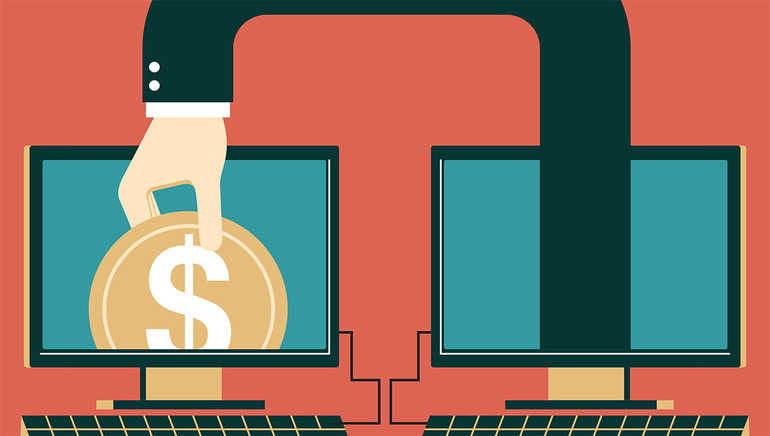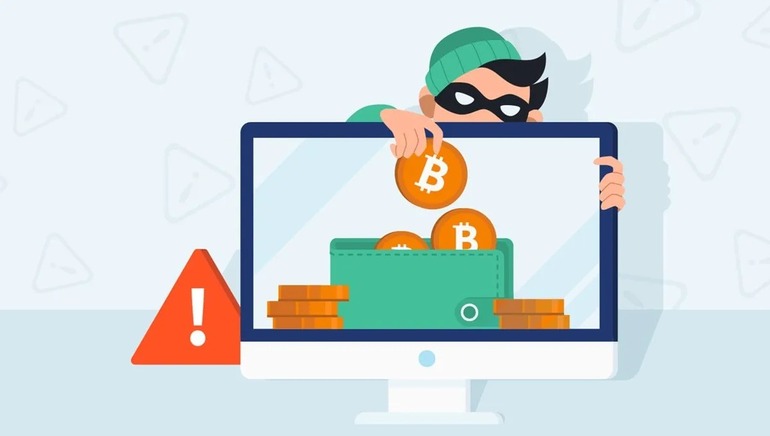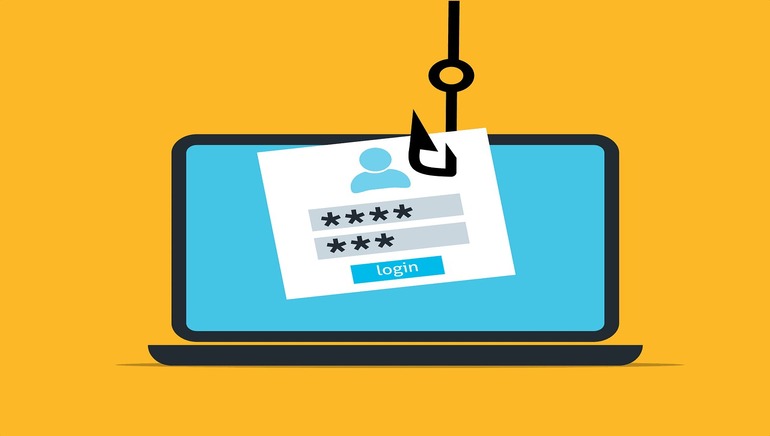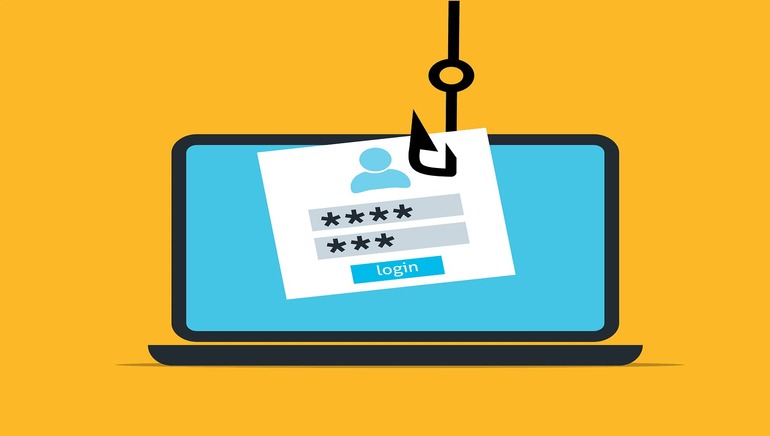Discover the ins and outs of crypto scams, such as fake gambling sites, fake crypto wallets, and scam emails. Learn how to spot scammers from a mile away. Understand how to best combat scams or prevent them from reaching you at all. Read about the mistakes of other punters and how you can learn from them. Be one step ahead of the scammers and keep your crypto funds safe with this quick guide to online safety!
Crypto holds immense potential for secure, anonymous, fast, and efficient transactions. However, the anonymity aspect makes it a breeding ground for scammers and immoral individuals seeking to make a quick buck. The biggest crypto scam to date was BitConnect in 2018, which stole $2.4 billion from US investors alone. It was a textbook Ponzi scheme that simply distributed money from later investors to earlier investors. While the forces of justice routinely crack down on these types of schemes, there are some that slip through the cracks. It is these scams that pray on you while you are buying, transferring, and withdrawing crypto. Join us and learn how you can protect yourself from them today!

Why Is Crypto a Scammer’s First Choice?
Scammers love crypto because it is anonymous, but it goes deeper than that. Cryptocurrencies are completely decentralized, which means that there is no one legal entity responsible for maintaining order. While crypto wallets have unique IDs and can have their transactions traced perfectly, finding out who is behind certain wallets can be next to impossible. This is especially true if a scammer uses a fake ID or a stolen identity to create them. Smart scammers use non-custodial crypto wallets, which do not require KYC (know your customer) verification, while less clever ones opt for custodial wallets, which require KYC verification in the form of an ID or utility bill.

Spotting Fake Gambling Sites
Making a website that is a copy of an existing website is far easier than you might think. If you click F12 on your keyboard and navigate to the Elements section, you will find the entire visual representation of any given site. While some sites hide certain elements and fetch others using dynamic code, you can still easily get the skeleton of a website. This skeleton can then easily be filled in by a programmer with mediocre skill and adjusted for scam purposes.
It is this method that scammers use to create 1 to 1 copies of reputable gambling sites and play out one of two scams:
- Deposit traps – You are prompted to make a deposit with your crypto, which you are obliged to do since you want to play. The site takes your crypto and delivers nothing in return. Alternative versions request another transaction as a “processing fee”, which again simply disappears.
- Withholding withdrawals – Sometimes scammers go the extra mile and add visual representations of your money being deposited, but you are simply left without access to casino games. When you try to withdraw, you are simply met with fake errors or a straight-up block from the site.
Spotting these types of sites can be trickier than you might think, but a few good pointers include:
- No license – A site without a valid license or regulatory oversight from a recognized authority is likely to be shady.
- Too good to be true – If a bonus or promotion is too good to be true, simply bypass the site.
- Lack of transparency – If the site is not mentioning anything about its company, base of operations, or contact information, leave immediately.
By far, the best way to protect yourself from such scams is to use links from reputable review sites such as this one. Remember that all of our recommended online gaming venues have been vetted and reviewed by our industry experts.

Crypto Wallet Scams
Scams involving crypto wallets have to be a tad more innovative than other malicious activities. They can take various forms, including fake wallet apps, phishing attacks, and compromised wallets, which we will break into now:
- Fake wallet apps – Some scammers develop malicious crypto wallet apps that steal private keys or seed phrases.
- Phishing – A fake website or an email imitating a legitimate site can trick users into sharing their private keys or seed phrases
- Compromised hardware wallets – Some hardware wallets have pre-installed malware or pre-generated private keys, which can give scammers access to your funds without your approval.
- Impersonation – It is not unheard of for scammers to impersonate wallet support or community members, especially community managers, in order to extract sensitive information.
The best way to avoid these scams is to simply use the most reputable services around. While avoiding email scams is a bit difficult, we will teach you exactly how to do it in the next section.

Spotting Crypto Email Scams
We all receive dozens of emails per day from various coworkers, clients, and websites to which we have subscribed. While using multiple emails for different aspects of your online life, such as one for work, one for friends, and one for website registration, can mitigate a lot of risks, there is no way to avoid email scams completely.
The reason behind this is a network of hackers that create security breaches in databases. These breaches allow them to steal personal information, especially emails, which can then be sold on the dark web. The buyers of these stolen emails then run enormous email scams with hundreds of thousands of email recipients. The most common crypto email scams are:
- Phishing emails – A scammer will impersonate a trusted entity to gain trust. They will then extract sensitive information and steal crypto wallets.
- Urgent requests – You will receive an email stating that your password has been stolen or that your account needs immediate verification to still function. The link that you follow will lead to a shady site but you will be too anxious to notice.
- Investment scams – These are your typical “Nigerian prince” scams that offer you enormous returns for comparably tiny investments. All of them are also time-limited to induce a sense of urgency.
- Blackmail scams – You will receive an email stating that you were filmed doing something that you should not have. The sender will then threaten to send the content to your family and friends unless you send them crypto.
Spotting these email scams is, thankfully, relatively straightforward, with the best solutions including:
- Checking the full email address since most scammers use nonsense emails that are just a string of random letters and numbers.
- Misspelled domain names that are different from the domain name that should be contacting you.
- Generic greetings such as “Dear Customer” instead of your pseudonym.
- Urgent or threatening language that borders on demands and extortion.
- A lack of verifiable information or reviews regarding an investment opportunity.
Protecting Yourself and Your Loved Ones from Crypto Scams
Using cryptocurrencies for online transactions, including online casino crypto deposits, can be one of the best decisions ever. The speed, the anonymity, the low fees, and the ease of use are second to none. However, you need to know which signs of scamming to look for. This article has given you a general overview of the current situation, but the best protection is prevention. Only follow trusted links, such as those on our site. Only enter emails into verified websites. Only read emails from verifiable domains and senders. And most importantly, you should only do something because you want to, not because somebody is telling you to.
